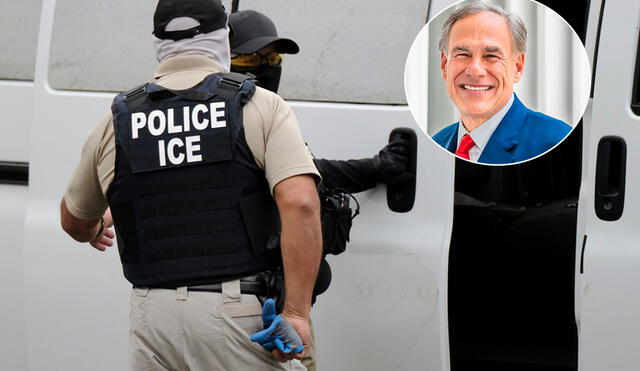Dallas Police stand firm: Refusal to assist ICE raids amid state pressure
The Dallas Police Department has announced it will not assist ICE in mass raids targeting undocumented immigrants, aiming to reassure the local community amid heightened federal enforcement actions.

In a significant move, the Dallas Police Department (DPD) has declared its refusal to collaborate with the U.S. Immigration and Customs Enforcement (ICE) in conducting mass raids targeting undocumented immigrants. This stance aims to alleviate fears within the local immigrant community, ensuring them that local law enforcement won't partake in federal immigration enforcement actions.
Interim Police Chief, Michael Igo, emphasized that, despite Dallas not being designated as a "sanctuary city," the DPD will abstain from participating in ICE-led operations. He reassured residents during community meetings that officers would not engage in arrests related to federal immigration laws. Furthermore, Chief Igo highlighted that institutions such as churches, schools, and hospitals will remain safe havens, free from immigration enforcement activities.
Community concerns over intensified ICE operations
The immigrant population in Dallas has voiced heightened anxiety due to the escalation of ICE raids under the current federal administration. Community leaders, like Pastor Sarita Rico, have observed unprecedented levels of fear among immigrants, many of whom are primarily focused on their work and daily lives. The DPD's commitment to non-cooperation with ICE seeks to provide some reassurance to these communities.
Some parishioners stopped attending religious services, while others are afraid to send their children to school. Against this backdrop, the police insisted on the importance of immigrants continuing to go to the authorities in case of emergency. “I need them to keep calling the police, not to be afraid to leave their homes to go to work, to send their children to school,” Igo urged.

Dallas police calm immigrant community fears, say they won't aid ICE raids. Photo: The Mirror US.
Governor Abbott's response to local non-cooperation
In response to the DPD's position, Texas Governor, Greg Abbott, has issued a strong statement emphasizing the state's dedication to enforcing immigration laws. Governor Abbott has previously advocated for local law enforcement agencies to support federal immigration authorities, arguing that such collaboration is essential for maintaining public safety and upholding the rule of law. The tension between state directives and local law enforcement decisions underscores the complex dynamics of immigration enforcement in Texas.
The debate over local law enforcement's role in federal immigration enforcement is framed by legal provisions such as Section 287(g) of the Immigration and Nationality Act. This section permits the delegation of certain immigration enforcement functions to state and local agencies. However, participation is voluntary, and several jurisdictions, including Dallas, have opted against entering into such agreements. This decision reflects broader concerns about community trust, resource allocation, and the potential impact on public safety.












